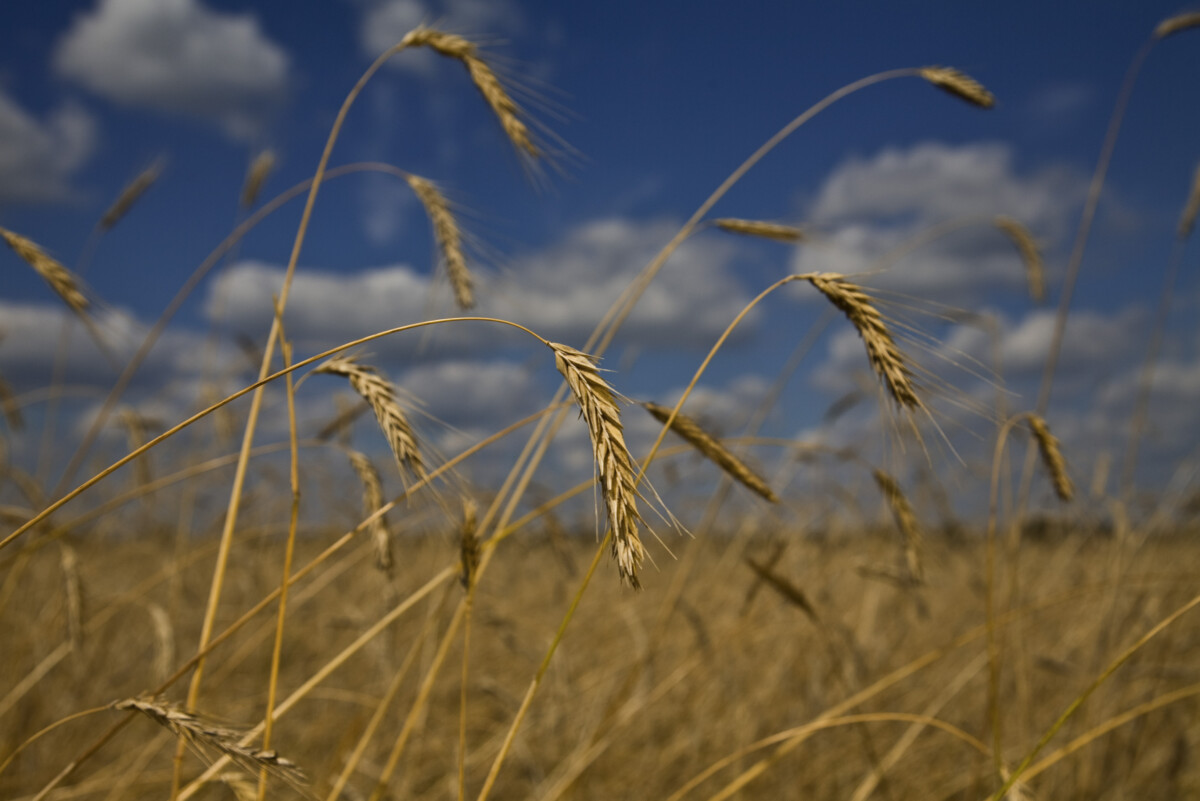Abiotic stresses such as drought, extreme temperatures, and salinity pose a significant threat to wheat production worldwide. According to data from the Food and Agriculture Organization (FAO), wheat production in the Spanish Mediterranean Region has fluctuated, with the average yield dropping from 3.2 tons per hectare in 2019 to approximately 2.8 tons per hectare in 2023. This trend reflects a broader pattern, as global wheat production has faced challenges due to climate change, with estimates suggesting a potential loss of 10-20% in yields for the upcoming year due to worsening drought conditions and increased salinity in soils.
The role of biomodulators in enhancing plant resilience
Biomodulators are substances that enhance plant growth and resilience against abiotic stress. These products can be derived from natural or synthetic origins and include microorganisms, organic extracts, and inorganic compounds. Their primary function is to improve plant health by enhancing nutrient uptake, promoting root development, and increasing resistance to environmental stressors. Research indicates that biomodulators can mitigate the effects of abiotic stresses by activating physiological and biochemical pathways within plants. This innovative approach not only supports crop yield but also aligns with sustainable agricultural practices by reducing the reliance on chemical fertilizers.
The importance of soil health in combating abiotic stress
Soil health is crucial for maintaining plant productivity under abiotic stress conditions. Healthy soils are characterized by a diverse and active microbial community that plays a key role in nutrient cycling, organic matter decomposition, and plant-microbe interactions. Microorganisms can help plants tolerate abiotic stress by producing growth-promoting substances, enhancing nutrient availability, and inducing systemic resistance. These microorganisms also enhance the soil’s ability to retain moisture, which is vital during periods of low rainfall. Studies have shown that a diverse soil microbiome can significantly improve a plant’s resilience to drought by facilitating better water and nutrient uptake.
Tribiome project: A collaborative effort for sustainable wheat production
In wheat, the use of biomodulators derived from agroindustrial by-products has been shown to improve soil health and plant performance under drought and salinity stress. Aligned with this approach, the European Union’s Horizon Europe research and innovation program has funded the TRIBIOME project. By studying the interactions within soil and plant microbiomes, this initiative seeks to address abiotic stresses—such as drought and nutrient deficiencies—that significantly impact wheat yields. With a total budget of approximately €4.9 million, this initiative is set to run from January 2023 to December 2026 and is in line with the EU’s Green Deal and Farm to Fork strategies, which advocate for environmentally friendly food systems.
AVA ASAJA’s Role in Validating Soil Modulators
AVA ASAJA, the Asociación Valenciana de Agricultores, is playing a vital role in the TRIBIOME project as a validator of soil modulators. By collaborating with various stakeholders, including research institutions and agricultural organizations, AVA ASAJA helps ensure that the findings and technologies are practical and beneficial for local farmers. This partnership emphasizes the importance of integrating scientific research with real-world agricultural practices to enhance wheat production resilience against abiotic stress. This research will then be crucial for ensuring food security, developing more nutritious food options, and securing better crop yields.
Want to know more?
Contact catherine.malingreau@wagralim.be or Follow the project’s LinkedIn page

